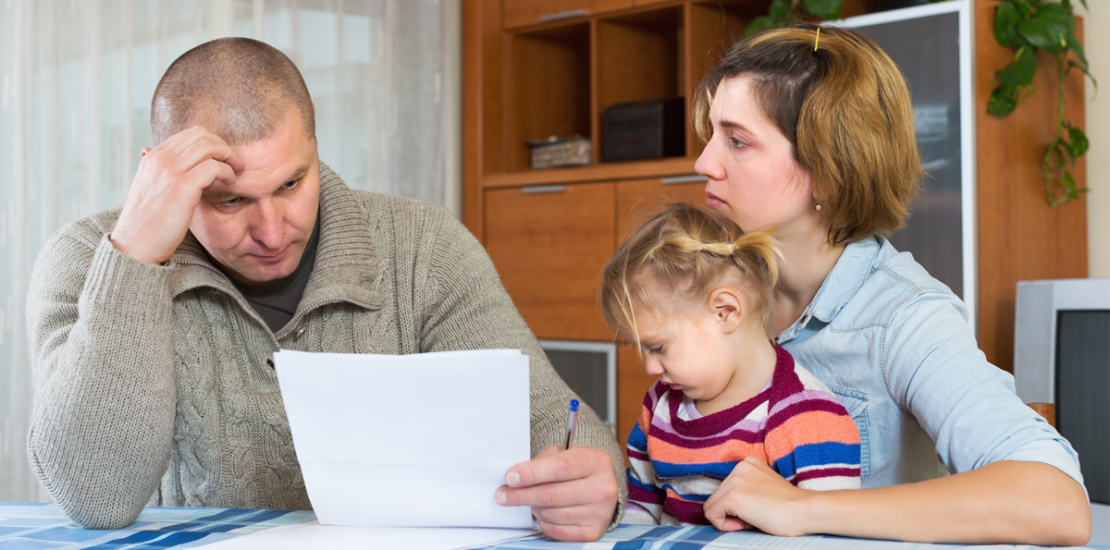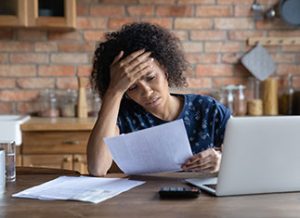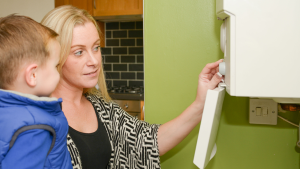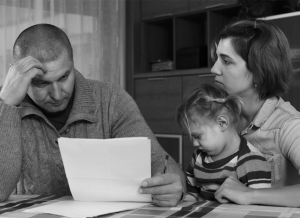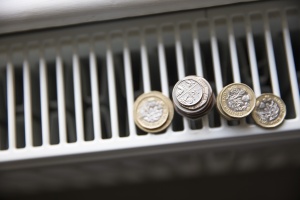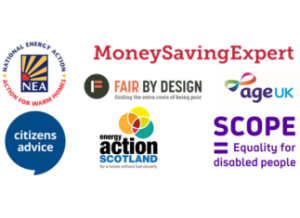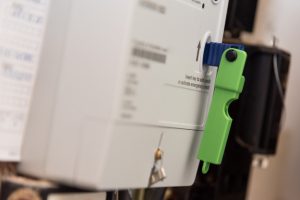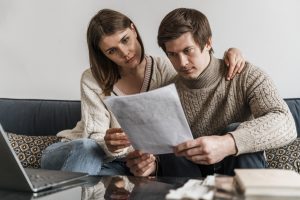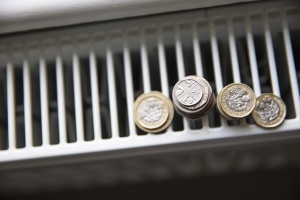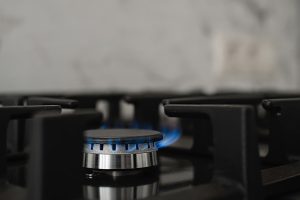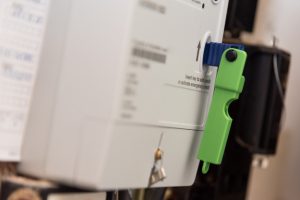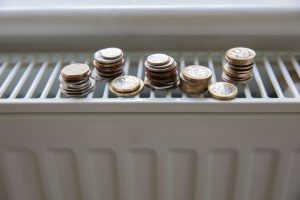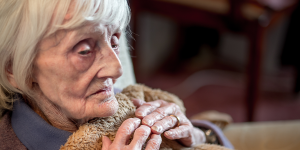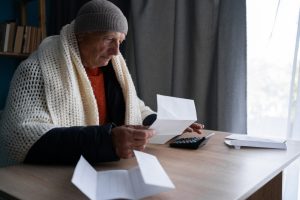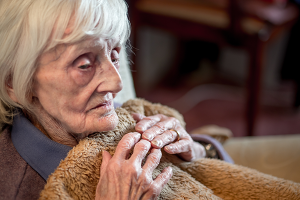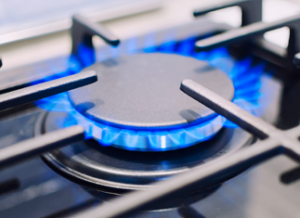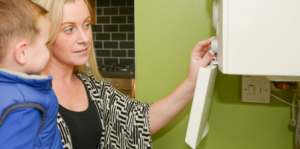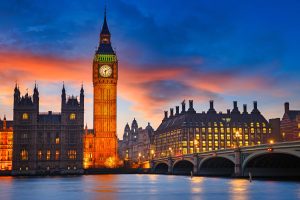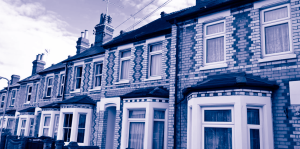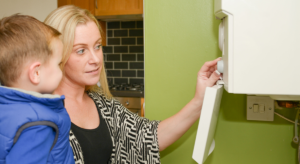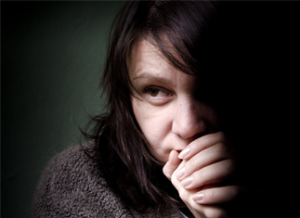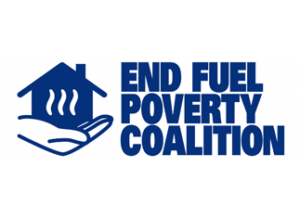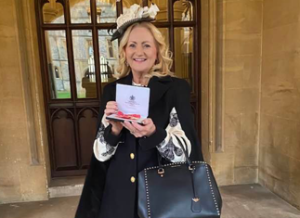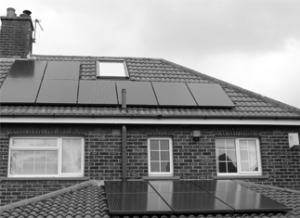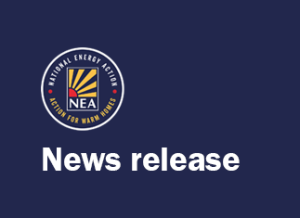- Fuel poverty charity National Energy Action says that despite the price cap falling £238 a year for typical households from April, 2.3 million households are on average paying more than at the height of the crisis because of energy debt.
- April also marks the end of cost-of-living payments for households on means-tested benefits. National Energy Action’s figures show 6 million UK households will be in fuel poverty from 1 April.
- This comes as new polling from YouGov, commissioned by National Energy Action, shows 34% of British adults say that they have found it difficult to afford paying their energy bills over the last three months.
Despite the price cap falling by 12% on Monday (1 April) fuel poverty charity National Energy Action says millions of households will be paying their energy companies more than at the height of the crisis as they start to repay huge levels of debt built up because of sky-high prices.
From 1 January to 31 March a typical annual bill was £1,928 and it will be £1,690 from Monday, a £238 fall. But, according to Ofgem, there are currently 2.3 million households who owe over £1,200 on average and total energy debt is over £3 billion.
Cost-of-living payments totalling £900 for households receiving means-tested benefits and £150 for those in receipt of disability benefits will soon end. This cut to income is not offset by the slight reduction in energy bills.
Further exacerbating the situation are the increases in the standing charge, which households pay regardless of how much energy they use and tends to make up a higher proportion of fuel poor households’ bills.
According to National Energy Action’s research, 6 million UK households will be in fuel poverty from 1 April.
National Energy Action Chief Executive Adam Scorer says, ‘Any decrease in prices is to be welcomed. But households are not just paying for their current usage – millions are still paying for last winter too. The lasting impacts of price shocks are yet to be dealt with.
‘Two years of household budgets being whittled down to nothing, and an ever-expanding ocean of debt that the poorest are expected to pay off, simply isn’t sustainable and leading people to desperate measures like going without clean clothes, without warm food and without heating.
‘The energy crisis is not over, especially for the poorest, who remain exposed to the greatest jeopardy. There are levers this government and the next can pull to help those in fuel poverty now and ending it in the long-term – this crisis cannot be the new normal.’
Polling shows households remain in crisis over energy bills
New YouGov polling, commissioned by National Energy Action this week, finds that 34% of GB adults say they have found it difficult to afford paying their energy bills over the last three months.
The high prices, which reached £3,000 a year for a typical user, has led to some drastic ‘not’ coping tactics. Our polling found, over the last three months:
- 59% of GB adults say they had rationed their heating, turning their thermostat down lower than they wanted. 16% say they had done so every day, with those in debt to their energy supplier more than twice as likely to say this than those in credit.
- 49% of GB adults say they had gone to bed to stay warm. 19% say that they had done so most days. Those in debt to their energy supplier were more than three times as likely to say this than those in credit.
- 15% of GB adults say they had used an improvised heater at home. Those in debt to their energy supplier were more than twice times as likely to say this than those in credit.
Government statistics show how pervasive poverty has become
All this comes as new Department for Work and Pensions statistics show that:
- 600,000 more people, half of them children, are living in absolute poverty, the government’s preferred measure of poverty.
- In comparison to 2020-21, 900,000 more people are living in absolute poverty, 400,000 of them children.
- Food insecurity has risen dramatically, increasing from 4.7 million people (7%) in 2021-22 to 7.2 million (11%) in 2022-23.
In light of high debts, National Energy Action is calling for a social tariff, energy debt repayment schemes and investment in energy efficiency schemes to keep bill costs down.
ENDS
Notes
National Energy Action (NEA), is the national fuel poverty charity, working across England, Wales and Northern Ireland, to improve the lives of people in fuel poverty. We directly support people with energy and income maximisation advice, and we advocate on issues such as the current energy crisis and the need to improve the energy efficiency of our homes. See: https://www.nea.org.uk/.
The definition of fuel poverty that National Energy Action uses is that a household is in fuel poverty if it needs to spend 10% or more of its income on energy in order to maintain a satisfactory heating regime.
New Department for Work and Pensions statistics – https://www.gov.uk/government/statistics/family-resources-survey-financial-year-2022-to-2023/family-resources-survey-financial-year-2022-to-2023
Source of debt data: https://www.ofgem.gov.uk/energy-data-and-research/data-portal/customer-service-data
Polling by YouGov of 2,049 GB adults between 22 – 24 March 2024. The figures have been weighted and are representative of all GB adults.
Ofgem has opened a Call for Input on debt and affordability, which will close on 13 May 2024. National Energy Action has produced a briefing on our emerging views on what Ofgem and government can do to tackle affordability and still-rising debt levels. https://www.nea.org.uk/publications/ofgem-debt-and-affordability-call-for-input/


